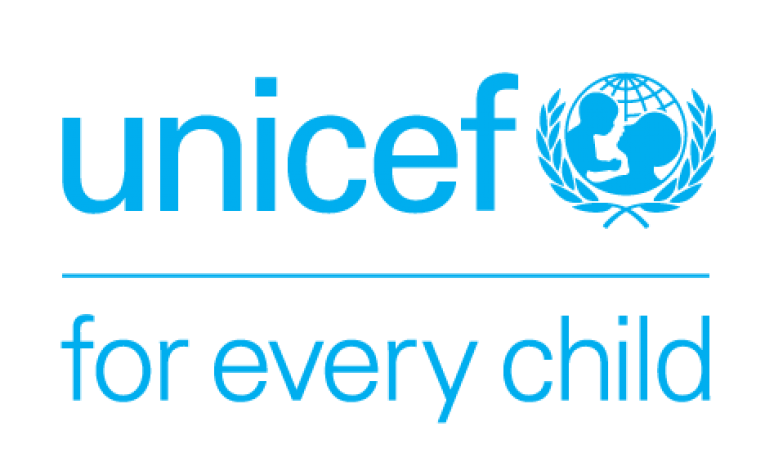UNICEF ready to support thousands of children in the wake of Tropical Cyclone Yasa in Fiji
UNICEF is working together with the Government of Fiji, civil society, and UN and NGO partners, to reach thousands of children in Fiji in urgent need after Tropical Cyclone Yasa, a category five cyclone, hit Fiji overnight, affecting Fijians across the country and causing widespread destruction in the Northern Division.
“UNICEF is on standby to provide support to the Government of Fiji to respond to the urgent needs of families and children affected by the disastrous impacts of Tropical Cyclone Yasa,” said Sheldon Yett, UNICEF Pacific Representative. “We will work with our government, civil society and other partners to provide clean water, and emergency health and education supplies for children in affected communities.”
Severe Tropical Cyclone Yasa, a category five cyclone, reaching wind speeds of up to 345 km/hr has caused widespread destruction, with waves of up to 14 metres destroying homes and many schools, especially in Bua, on the island of Vanua Levu in the Northern Division.
The Government of Fiji has reported 23,479 people are currently in evacuation centres across the country in 457 evacuation centres.
Tropical Cyclone Yasa follows Tropical Cyclone Harold earlier this year, which destroyed homes, schools, crops and infrastructure in Fiji. UNICEF has continued its efforts to support children and communities in the aftermath of Tropical Cyclone Harold and is concerned by the potential impact of Tropical Cyclone Yasa on vulnerable children and families, especially with the ongoing pandemic.
Many communities are cut off from assistance due to flooding and destruction of roads. UNICEF is ready to transport supplies even by boat to reach communities, including those most remote. UNICEF will work in partnership with the government on reaching those families in need.
Supplies like essential water, sanitation and hygiene items, including soap, water containers and buckets, to ensure children and families have access to clean drinking water as well as emergency health and midwifery kits, including basic drugs, medical supplies and equipment, are prepositioned and ready to be distributed per needs basis.
In addition, UNICEF is ready to support communities by providing school-in-boxes and early childhood development kits including books, pencils and materials to support learning needs and help children to regain a sense of normalcy as soon as possible after the disaster.

